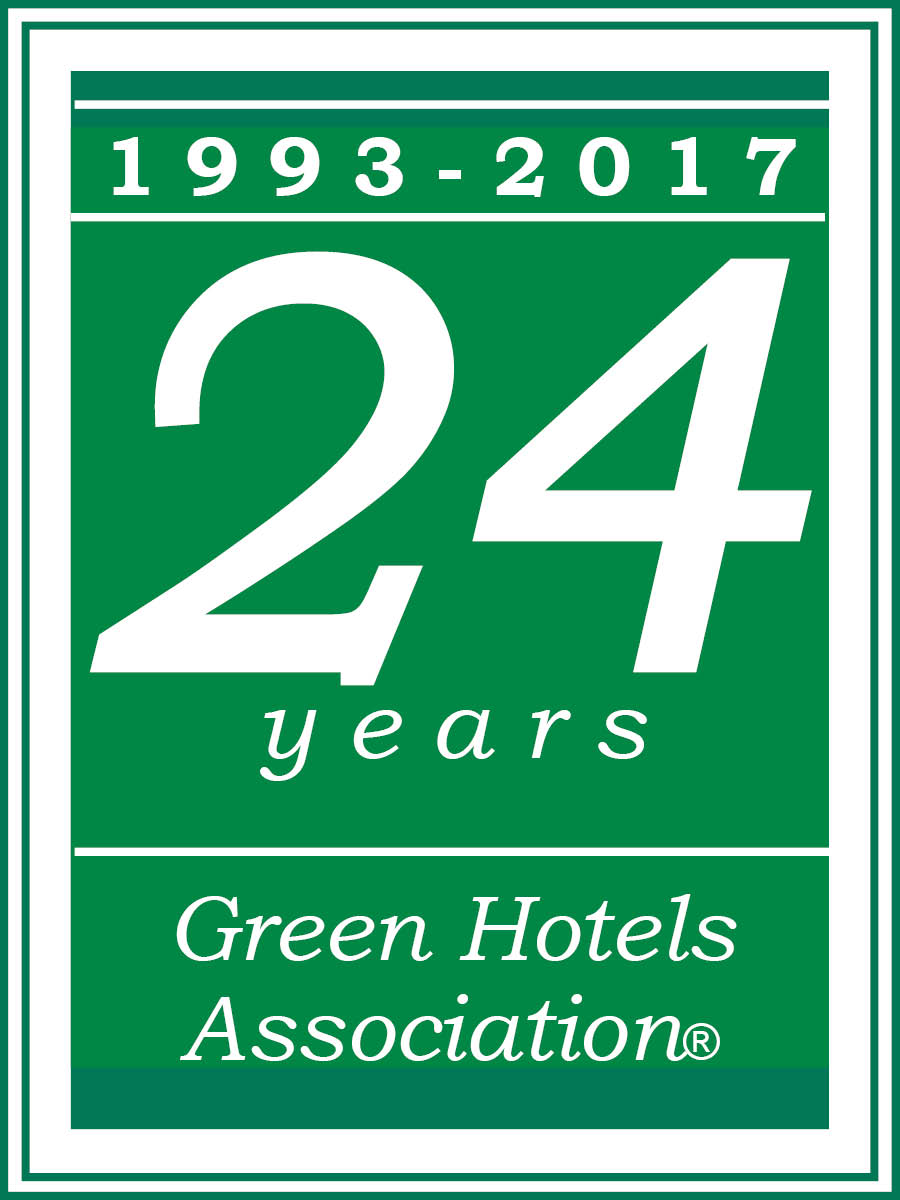Because leftover paint is flammable and poisonous, it must be disposed of safely. One option is to leave the can open until the remaining paint dries, then bring it to a recycling center that handles scrap metal. Alternatively, you can bring paint to your local HHW facility, which you can find by visiting
 Motor Oil:
Motor Oil: After you finish a DIY oil change, never toss the used motor oil in the trash. The flammable and toxic substance may contaminate water and soil. Instead, bring the used oil to your local automotive repair shop, which might clean and reuse it. Homeowners can also take motor oil or transmission fluid to an HHW facility.
Electronics: Most Americans own a multitude of electronic devices, from flat-screen TVs to smartphones. But all of these tech accessories contain heavy metals, such as lead and cadmium, which can be toxic to the environment if thrown away. To help keep electronics out of the waste stream, the EPA offers a list of companies that provide recycling options for electronics.
Mercury Thermometers: If you still have an old-school glass thermometer that contains mercury and you've finally decided to get rid of it, dont toss it in the trash. If the thermometer breaks, the mercury (which is a neurotoxin) becomes a health and environmental hazard. Some universities and organizations offer exchange programs that allow you to trade in your mercury thermometer for a new digital model. Or you can visit
Earth911.com to determine where to take it for safe disposal.
Prescription Drugs: Dont flush unused medications down the toilet, since they can leach into the water supply and disrupt aquatic life. Instead, find a safe place to bring your old and unused prescriptions at
disposemymeds.org.
 Fluorescent Light Bulbs:
Fluorescent Light Bulbs: Homeowners can throw burnt-out incandescent light bulbs in the trash, but fluorescent light bulbs (CFLs) contain mercury, a hazardous element that cant be disposed of in the regular trash without negatively impacting the environment. Take old fluorescent light bulbs to your local Household Hazardous Waste facility for recycling.
Smoke Detectors: Ionization Chamber Smoke Detectors (ICSDs) have a small amount of radioactive material inside that helps them detect smoke, so they have to be recycled with the manufacturer or taken to your local HHW facility. Photoelectric smoke detectors dont contain radioactive material and can be dropped off at any facility that recycles electronics. If you have a combination smoke detector, it needs to be treated like an ICSD.
Lawn Chemicals: Chemical-based lawn and garden fertilizers, herbicides and pesticides should never be poured down the drain or thrown away in the garbage, as their ingredients can be harmful both to living things and the broader ecosystem. You can take lawn chemicals to your local Household Hazardous Waste facility for disposal, or better yet, give them away to a friend or neighbor.
Fireworks: It may seem obvious, but fireworks should never be thrown away in the garbage without proper preparation. Soak any dud or unexploded fireworks in water for at least 24 hours to render the gunpowder inert, then double-wrap them in plastic wrap or plastic bags so they wont dry out. Only then can they be disposed of in the regular trash. Some municipalities will take fireworks for disposal as well.
 Tires:
Tires: Its actually illegal to throw tires in the trash, because the steel belts inside them can puncture the liners in landfills and cause ground contamination. Most car dealers and tire retailers will recycle your old tirestypically for a price. Another option: You can often pay your trash service to pick them up for you.
Vila, Bob, 11 Things It's Illegal to Throw Away, http://www.msn.com/en-us/lifestyle/home-and-garden/11-things-its-illegal-to-throw-away/ss-AApgVeV?li=BBnb7Kz&ocid=HPCDHP#image=2
To learn more about GHA and how your property can be greener, jump to Green Hotels Association® !
or CALL 713/789-8889 TODAY!


